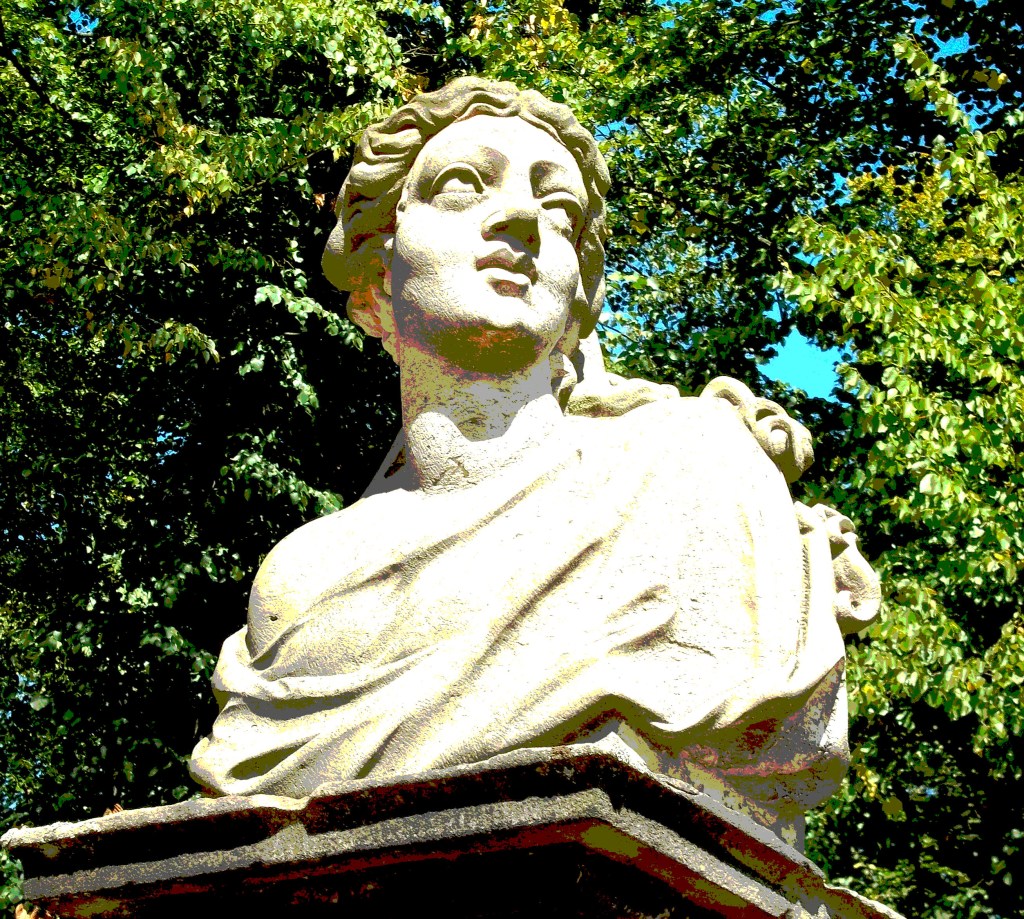A few years ago, I concluded that fictional names had little bearing on how well a character is liked. After all, Fitzwilliam Darcy, Atticus Finch and Bilbo Baggins are not common or easy to say names. But, these are well-loved characters. So, the personality and actions of fictional characters will override any less than optimal name. However, after some recent experiences, I may be changing my mind.
After a discussion about the historical aspects of the movie Gladiator with a co-worker I decided to look up facts about Marcus Aurelius and his questionably sane son, Commodious. I discovered the film took huge liberties in fictionalizing the handful of real historical characters in the film. After collecting my notes in an MS word document, I noticed the spell checker recognized only a minute percentage of the Latin names.
Some people are only drawn to the most popular and common names in their cultures.
Some people’s minds work just like that spell checker. They are drawn to only the most popular and common names in their cultures. However, fantasy writers use names as exotic as their settings. Imagine my amazement at the reviewer whose major complaint with my unpublished fantasy book was the total number of times that the names weren’t recognized by Microsoft Word spell check. If J.R.R. had written The Hobbit or the Lord of the Ring series in MS Word, these tomes would have broken the spell checker. However, decades later, many of his names have been added, which is an unexpected example of a writer changing some aspect of the future.
Then, a day later as I answered a question on the effects of AI on diversity, I discussed a research document on machine learning (now called AI). In this research hundreds of resumes from real people highly qualified for specific positions were used to teach AI to find viable candidates from among a large number of applicants. However, AI unintentionally learned to look for candidates based on the ethnicity of their name using similarities in names as it did in other fields. Many of those resumes selected had names originating from a few languages.
As I attempted to choose the best character names for a fifth century story set in Wales and Cornwall, I decided I needed help from other people. I wrote a list of Welsh and Cornish names that I assumed were pronounceable and asked other writers which ones they preferred. The only comment in response was “choose names that sounded like they are spelled.” Anyone that knows about Celtic languages realizes that their names don’t look like they are pronounced for most English speakers.
What causes this familiarity bias in fictional names? I think readers are overwhelmed with available media and learn to quickly scan material to choose what is most common. They are attracted to average names that they hear every day. When celebrities’ fame results in many children of the same generation having the same name that only reinforces their choices. Unfamiliar names have a strangeness; they don’t fit the requirements. This reflects the same way that machine learning choses job candidates by names. Readers thinking like AI doesn’t bode well for the future of creative writing.

